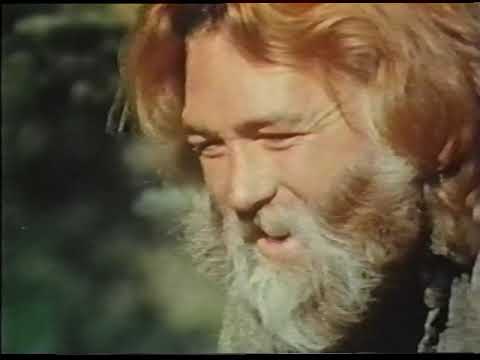The Human Microbiome: A New Frontier in Health | University of California Television | Nov 7, 2019 (Video)
UCSF Mini Medical School for the Public – Presented by UCSF Osher Center for Integrative Medicine
Content Source/Owner:
University of California Television (UCTV)
1 hr 22 min
Summary:
UCSF – The Benioff Center for Microbiome Medicine.
Microbiome expands the genetic and functional capacity of its human host.
Susan Lynch explains that human microbiome develops early in life and that gut microbes shape immune function and relate to disease outcomes in childhood.
She also explores next-generation microbiome therapeutics and research. Recorded on 11/07/2019. [12/2019] [Show ID: 35240]
More from: Next: UCSF Scientists Outline What’s To Come
(https://www.uctv.tv/mini-med-next)
Chapters:
0:49 – What We’ll Cover Tonight…..
2:06 – Microbes Pre-date Earth’s Biodiversity
3:23 – Culture-based Approaches do not Reflect the True Diversity or Physiology of Microorganisms
8:00 – Enabling Tools to Interrogate Microbial Dark Matter
10:11 – Humans are Superorganisms
11:12 – The Gut Microbiome is Home to Several Trillion Microbes
12:22 – Genetic Capacity of the Gut Microbiome Dwarfs that of the Human Host
13:48 – The Gut Microbiome Evolves Over Human Lifespan
16:56 – Human Gut Microbiome viewed across age and geography
19:07 – Diet Rapidly and Reproducibly Alters the Gut Microbiome
21:52 – Microbiome Perturbation Associates with Disease
22:38 – The Gut Microbiome Influences Remote Organ and Immune Responses
23:47 – Human Microbiome – a Lever on Host Physiology
25:58 – Yellow Soup for the Soul!
30:55 – Asthma is Prevalent in Westernized Nations
36:47 – Gut Microbiome Manipulation Alters Airways Mucosal Response to Allergen Challenge or Viral Infection
38:18 – Gut Microbiome Manipulation Alters Serum Metabolic Response to Viral Respiratory Infection
41:05 – Gut Microbiome Influences Hematopoietic Cell Programming via Plasma-associated Mediators
42:52 – How Could the Neonatal Gut Microbiome Influence Airway Disease Development in Childhood?
44:39 – High-risk for Asthma Gut Microbiota is Distinct at Birth and Exhibits Delayed Development in Infancy
46:13 – Wayne County Health, Environment, Allergy & Asthma Longitudinal Study (WHEALS) Birth cohort
47:04 – Neonatal Gut Microbiome State is Associated with Risk of Childhood Atopy and Asthma
49:49 – Human Immune Cell Assay to Assess Neonatal Gut Microbiome Immunostimulatory Capacity
50:46 – High-risk Neonatal Gut Microbiome Induces Allergic Inflammation and Suppresses T-regulatory Cells
52:51 – 12,13 DiHOME Promotes Airway Allergic Sensitization and Increased Circulating IgE in Mice
54:09 – Altered Linoleic Acid Metabolism Characterizes High-risk Gut Microbiota
55:17 – Is the High-risk Neonatal Gut Microbiome Enriched for 12,13 DiHOME Production?
56:25 – Neonatal Fecal 3EH Copy Number and 12,13 DiHOME Concentration Predicts Childhood Atopy and Asthma
57:33 – Model for Childhood Atopic Asthma Development
59:40 – Early-life Gut Microbiota Relates to Childhood Obesity and Overweight Phenotypes at 2 Years
—–
1:00:56 – Early-life Microbial Colonization Influences Immune Status and Subsequent Microbiome Development
1:02:18 – What Have we Learned and What’s Next?
1:03:42 – Launching The Benioff Center for Microbiome Medicine
1:05:29 – Next-generation Microbiome Therapeutics
1:07:35 – Questions
~~~
UCTV is the broadcast and online media platform of the University of California, featuring programming from its ten campuses, three national labs and affiliated research institutions.
UCTV explores a broad spectrum of subjects for a general audience, including science, health and medicine, public affairs, humanities, arts and music, business, education, and agriculture.
Launched in January 2000, UCTV embraces the core missions of the University of California — teaching, research, and public service – by providing quality, in-depth television far beyond the campus borders to inquisitive viewers around the world.
———-


